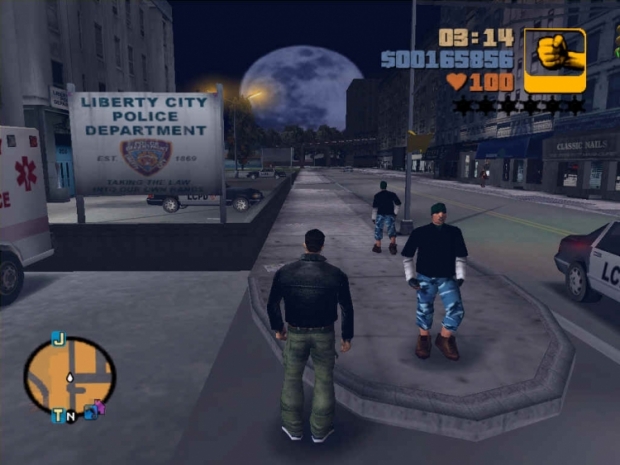For those who have came in late, for the last decade or so violent video games have replaced television, movies, music hall, and witches as the cause of all humanities' ills, ranging from violent crime, declining morals and Donald Trump. Periodically a lynch mob of priests, concerned parents, nuns and retired colonels will get together to call for them to be banned.
A study released by German researchers found that playing violent video games has no long-term effects on empathy or aggression. Previously, a number of studies had suggested that playing video games could desensitize gamers toward emotional stimuli in the short term, causing them to display decreased empathy and increased aggression.
Gregor Szycik, the head researcher in the study said the research question arises first from the fact that the popularity and the quality of video games are increasing, and second, we were confronted in our clinical work with more and more patients with problematic and compulsive video game consumption.
A group of 15 males, who had played violent video games for an average of four hours everyday for the previous four years, was compared to a control group of the same size with no video game experience.
The participants were given an initial questionnaire to evaluate their capacity for empathy and aggression. They were then shown a series of images while in the fMRI scanner and asked to imagine how they would react to the situation in the images. The researchers studied the gamers' fMRI images to observe which parts of their brains were activated and compared the results to the control group.
Neither the initial questionnaire nor the fMRI findings displayed any difference in the levels of empathy or aggression for the two groups. This result suggested that any effects that video games have on perception and behavior may be short-lived.
"This study used emotionally-provocative images. The next step for us will be to analyze data collected under more valid stimulation, such as using videos to provoke an emotional response," Szycik said.
The study was the result of a collaborative effort between Gregor Szycik from Hannover Medical School, Bahram Mohammadi and Thomas F. Münte from the University of Lübeck and Bert T. te Wildt from Ruhr-University. The research article was published in the scientific journal, Frontiers in Psychology.




